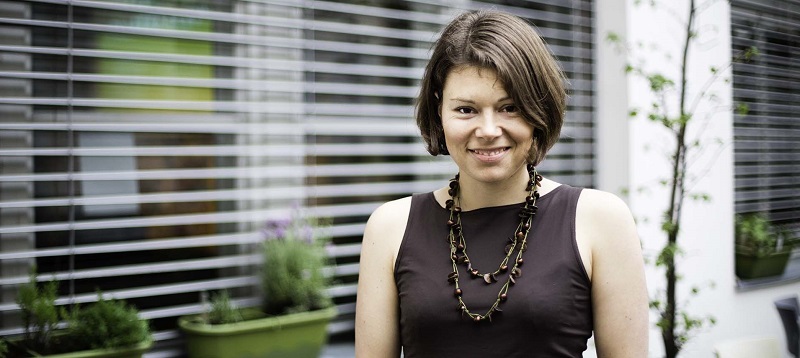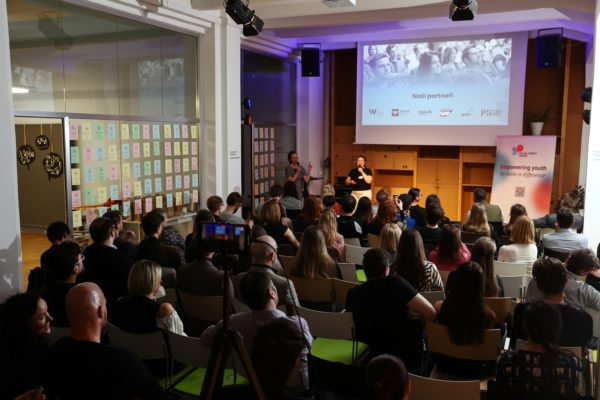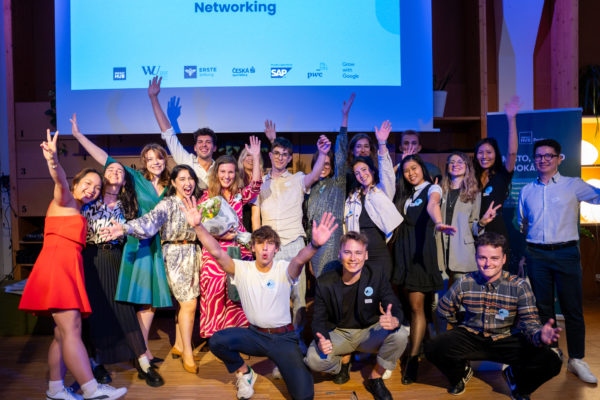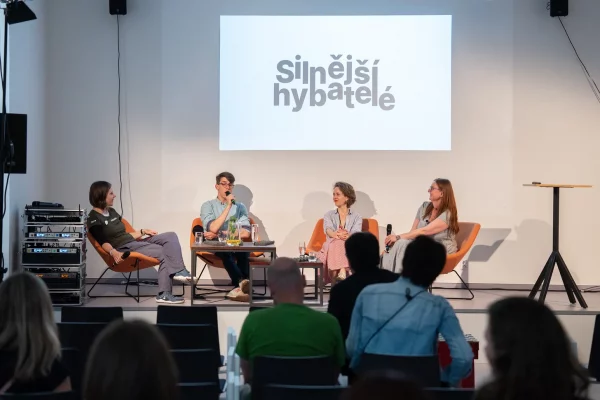
„The theme of social business has drawn a bigger attention just in the last few years.”
She is interested in social business and she believes in better world. She wants to contribute her share to it. It´s Hana Kavánková, who leads two acceleration programs at Impact […]
She is interested in social business and she believes in better world. She wants to contribute her share to it. It´s Hana Kavánková, who leads two acceleration programs at Impact Hub Prague and one of these is the Social Impact Award. In the interview we talk about social business and interest of young people in this topic in the Czech Republic.
You rate application forms with SIA organisational team just now. What kind of topics are among young people in? What issues do they want to solve in the society?
This year we have a very broad spectrum of themes covered: from seniors, health care, to education, waste management, pollution, enhancing citizenship, homeless people or clothes recycling. So there is no dominant theme as some people might expect. It is great to see the variety of topics that in some way disturb young people nowadays and they are trying to solve them. The main aims that young people want to achieve with their projects this year are better care for our relatives, cleaner air and planet, more employment opportunities for handicapped people, helping blind people to live a better live or better communication with authorities.
You lecture at universities. Do students know, what social business is?
The theme of social business has got a bigger attention just in the last few years, so still, the majority of students doesn´t know the concept. That´s why our work with universities and students matters so much. Though it depends on the location as well as the major that the students are enrolled in. In bigger cities, like Prague, Brno or Ostrava, the concept is better known compared to smaller towns with universities. However, there is also a pioneer region among the smaller ones that is greatly enhancing the community of social entrepreneurs, not only among students, which is Usti nad Labem. There are also often more social sciences students than engineers who know the principles of social business.
How is social business perceived by both businessmen and CSR departments of the corporate organisations in the Czech Republic?
Generally, in Czech Republic we have a big problem with the combination of words “social” and “business”. I would say that the majority of big companies and most of the businessmen in Czech Republic still understand this area as charity rather than business. Most of the people think that these activities are unpaid, they help disabled people and generally don´t generate any income. So most of them don´t see any possible cooperation with social business.
There is trend of a complex understanding of social responsibility starting with big international companies who bring the concept of social innovation and generally a sustainable approach to corporate behaviour from their western branches to the Czech Republic. I think that it will be slowly acknowledged and incorporated into the broader corporate strategy of big Czech companies and then gradually to small and medium enterprises – this is the impression I get looking at the current CSR scene.
Do you believe in the future of social business?
I do, indeed. The time should come when every company considers its activities through the lens of the impact that its activities have on society and environment. I am deeply convinced that everything in the world (not only world of business) is interconnected and that each and every employer as well as employee must see the results and implications of its corporate activities – everybody needs to take into account partners, suppliers, customers and other actors connected with their business while taking every day actions. We are talking here about sustainable internal and external communication and actually, about very simple things: responsibility and humbleness in business and every day life.












































